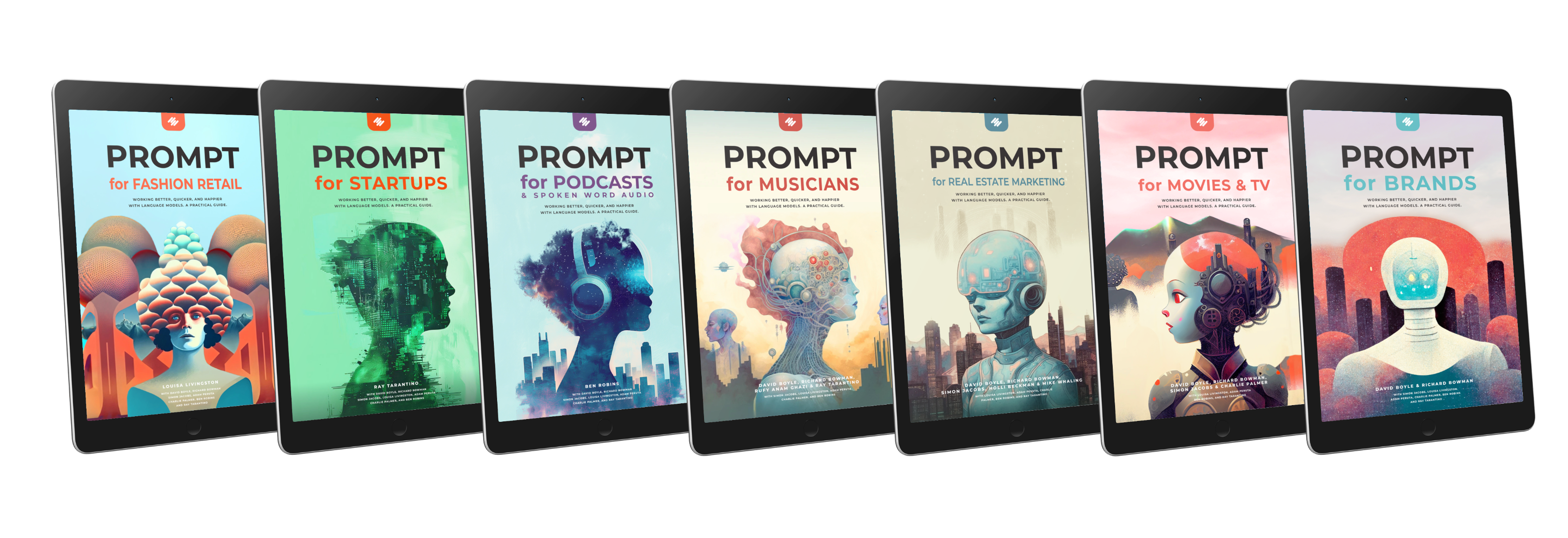Lots of research has been published recently on AI’s impact on teams:
1. Incorporating AI into teams can be challenging. When teams were assigned to play games with a better-than-human AI, AI-human teams performed worse, partially due to a lack of sociability and team learning.
2. Interestingly, the effectiveness of AI in teams varies based on the team's performance level. Adding AI to a team can decrease performance for medium/low performing teams, but improve performance for already high-performing teams. This could be due to the skill gap, task appropriateness, change management, communication and misunderstanding, and the balance between dependence and augmentation.
For instance, high-performing teams might be better at identifying tasks that are well-suited for AI assistance, delegating routine, mundane, or data-heavy tasks to the AI while focusing human efforts on tasks requiring creativity, strategic thinking, or emotional intelligence. They might also be more adaptive to change, more capable of learning new tools and technologies, and better equipped to overcome the challenges associated with integrating AI into their work processes.
On the other hand, lower-performing teams might over-rely on AI, assuming it can replace human decision-making, which could lead to oversight and mistakes. They might also struggle with communication and misunderstanding, as AI agents often require clear, specific instructions and might not understand context or nuance as a human would.
3. In the field of healthcare, a study found that AI was more accurate than two-thirds of radiologists, yet when radiologists had AI help, their diagnoses did not improve. This was because humans ignored the AI's advice when it conflicted with their views, indicating a significant barrier to future human-AI collaboration.
In conclusion:
- Integration of AI into teams is a complex process that requires careful consideration of many factors
- The effectiveness of AI is not just about the technology, but how well it is integrated into the team
